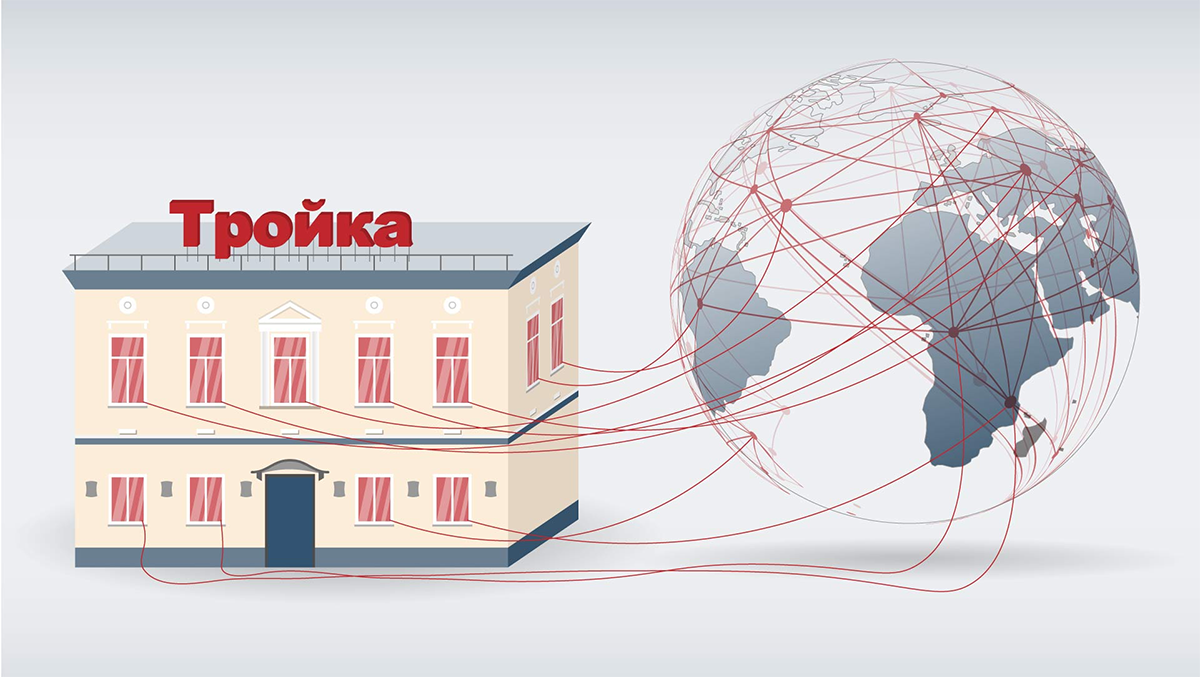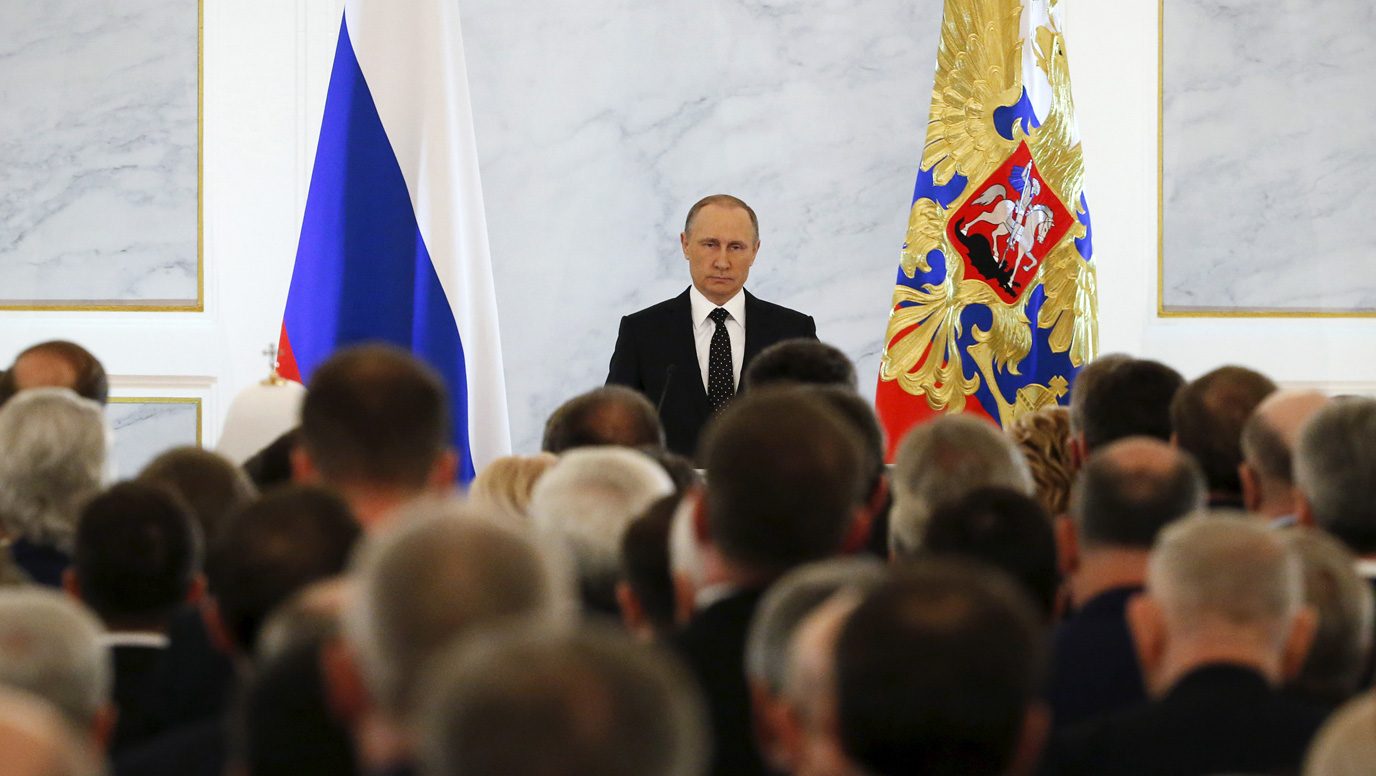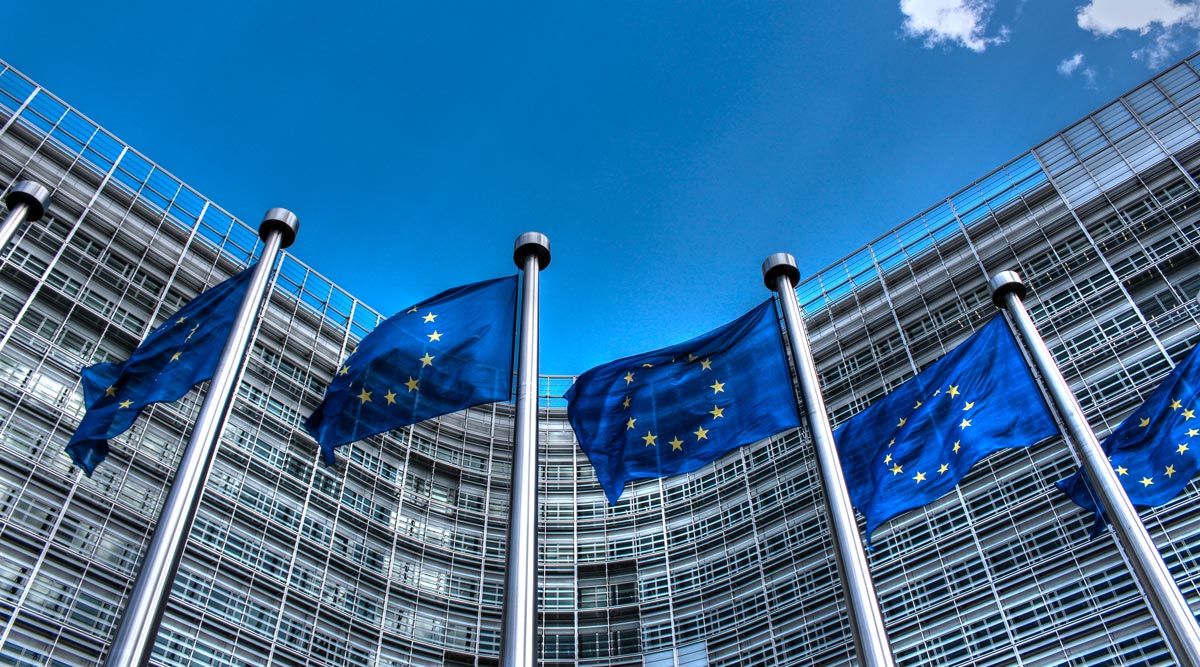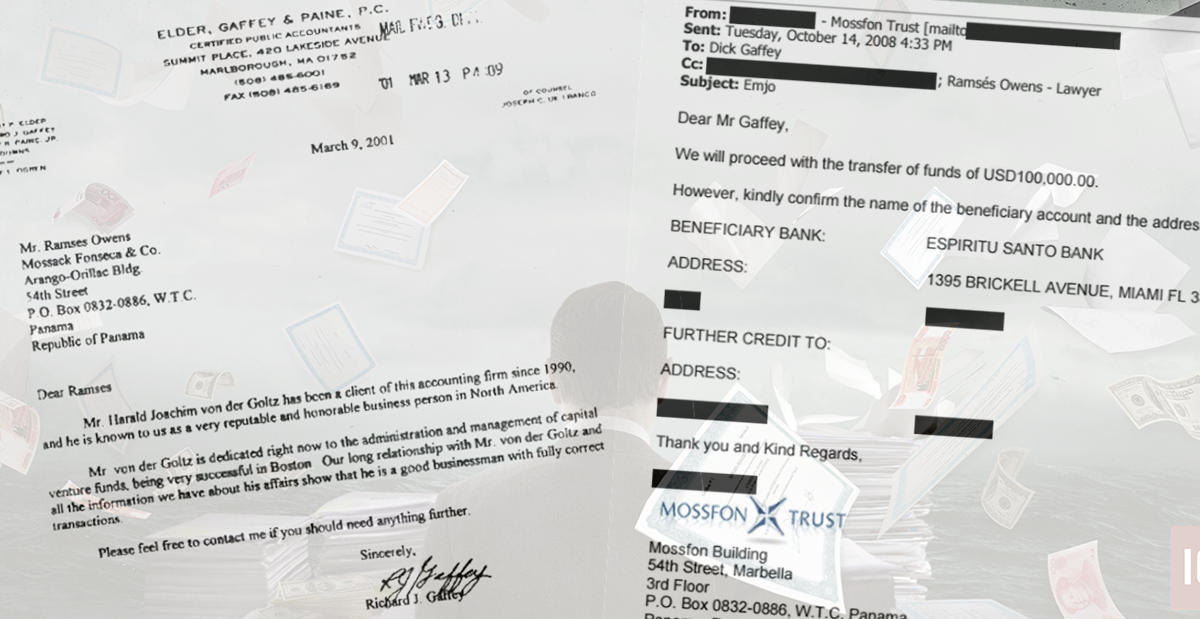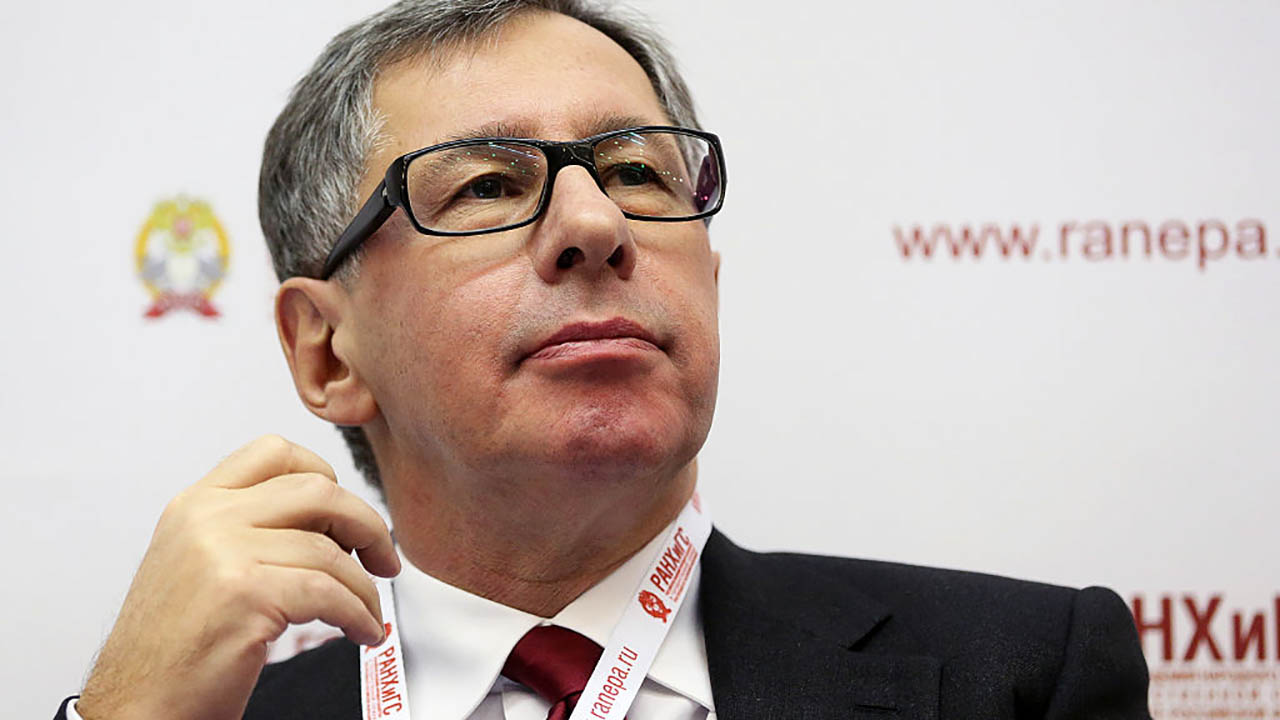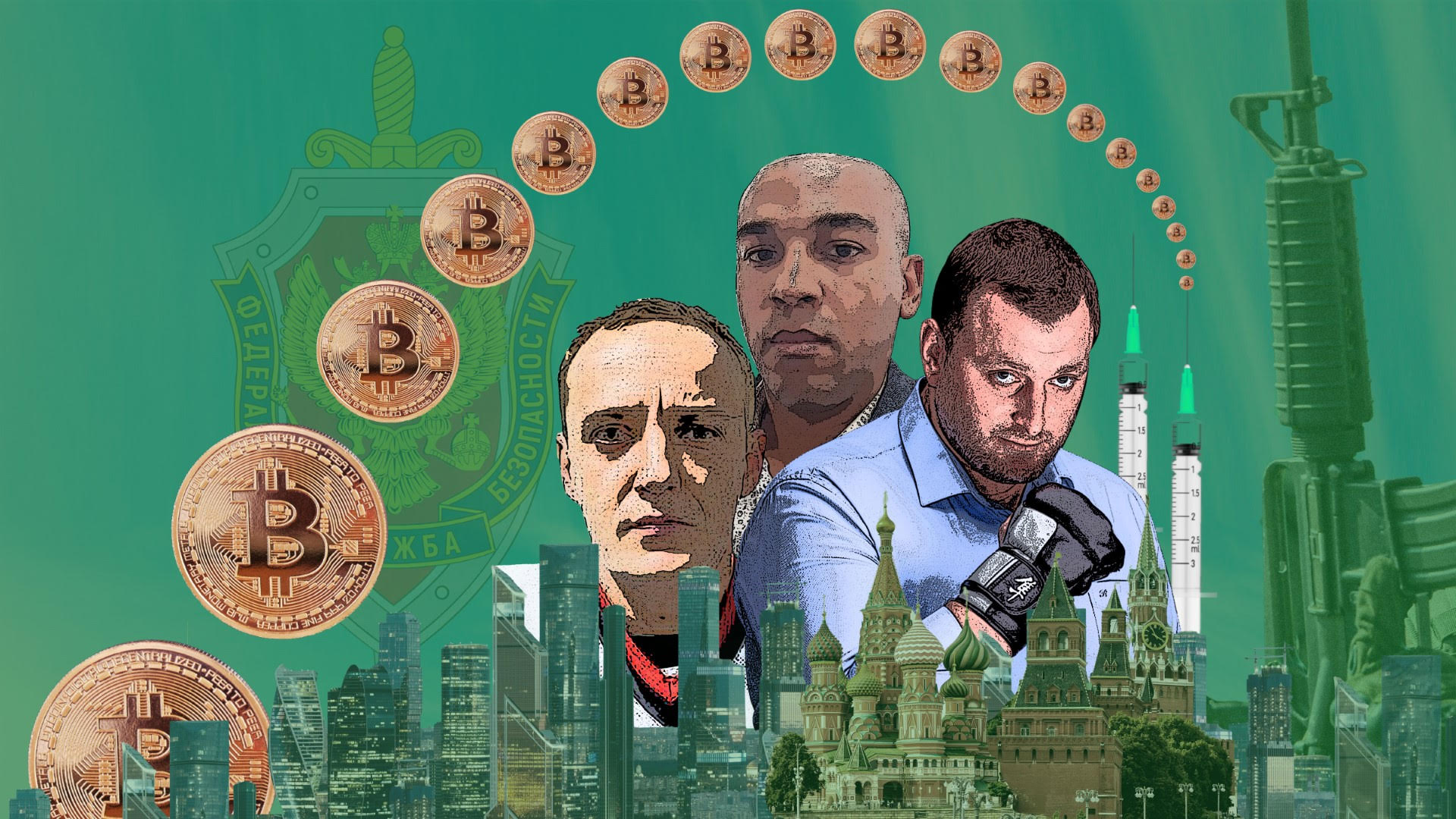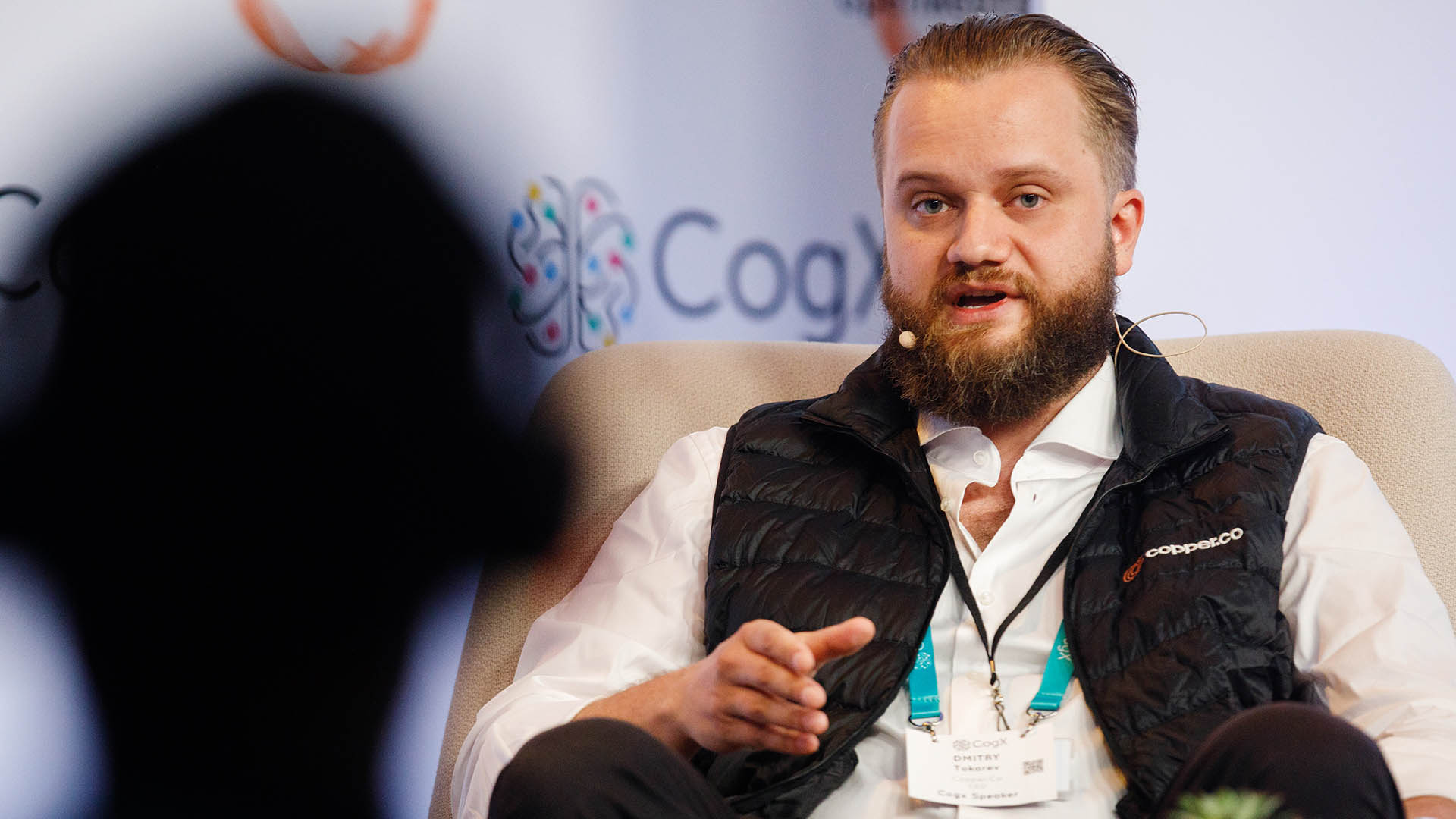Politicians, criminals and members of the Russian elite, including President Vladimir Putin’s friend Sergey Roldugin, funneled billions of dollars through a hidden banking network, according to an investigation by the Organized Crime and Corruption Reporting Project (OCCRP).
OCCRP and Lithuanian news website 15min.lt, partners of the International Consortium of Investigative Journalists, say they obtained 1.3 million banking records, and other documents, to reveal the $8.8 billion scheme.
Dubbed the Troika Laundromat, the investigation is named after the Russian private investment bank Troika Dialog that allegedly created and operated the scheme.
Led by Russian-Armenian executive Ruben Vardanyan, Troika Dialog reportedly directed billions of dollars from Russia into at least 35 bank accounts at Lithuanian bank Ukio Bankas.
The investigation found that the money was subsequently sent to western Europe and the U.S. after being spun through many accounts and companies.
Vardanyan has been named by Forbes Magazine as one of Russia’s wealthiest men and is a former advisor to Vladimir Putin.
It is not alleged that the financier did anything illegal.
Documents indicate that the scheme, which ran for eight years till 2013, combined criminal and legitimate money, making its sources difficult to trace.
According to The Guardian, a charity run by Prince Charles received funds from the scheme that is under investigation by Lithuanian prosecutors.
Recipients of the transfers also included Eastern European millionaires who used the cash to buy luxury European properties, yachts and sports tickets.
There is no suggestion that the recipients, including Prince Charles’ charity, knew of the origin of the cash, which passed through screen companies into the banking system.
One high-profile name within the Troika Laundromat is Sergey Roldugin, a cellist and godfather to President Putin’s eldest child.
Roldugin received more than $69 million through companies in the Troika Laundromat, according to OCCRP, which says documents show that Roldugin signed 16 contracts — cancelled within weeks — that earned $11.6 million in cancellation fees.
Roldugin did not respond to OCCRP’s requests for comment.
ICIJ reported as part of the 2016 Panama Papers investigation that Roldugin was part of a network operated by Putin associates “that shuffled at least $2 billion through banks and offshore companies.”
The Kremlin did not deny the accuracy of the reporting and U.S. intelligence agencies subsequently indicated that Putin’s displeasure with the Panama Papers contributed to Russian efforts to discredit the United States.
Other scandals with traces in the Troika Laundromat include a Moscow airport fuel fraud and the theft of $230 million from Russia’s treasury, according to OCCRP.
Sergei Magnitsky, who revealed the theft, later died in a Russian jail in mysterious circumstances. Companies involved in the theft shuffled more than $130 million through Troika Laundromat accounts onto unknown destinations, OCCRP reported.
Authorities have not accused Vardanyan of wrongdoing and he denied to OCCRP that the bank did anything wrong.
“We always acted according to the rules of the world financial market of that time,” Vardanyan told OCCRP. “Obviously, rules change, but measuring a market in the past by today’s laws is like applying modern compliance standards to the time of the Great Depression.”
OCCRP and 15min.lt collaborated on the Troika Laundromat with 21 media partners from Europe, North America, and South Korea.
In addition to the new leaked files, reporters on the Troika Laundromat used documents from previous ICIJ investigations, including Offshore Leaks, Panama Papers and Paradise Papers.
